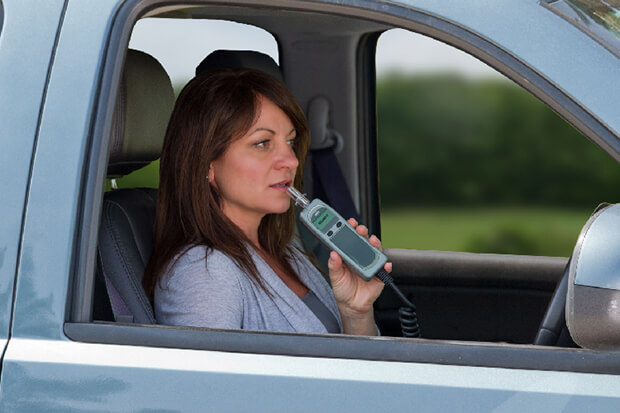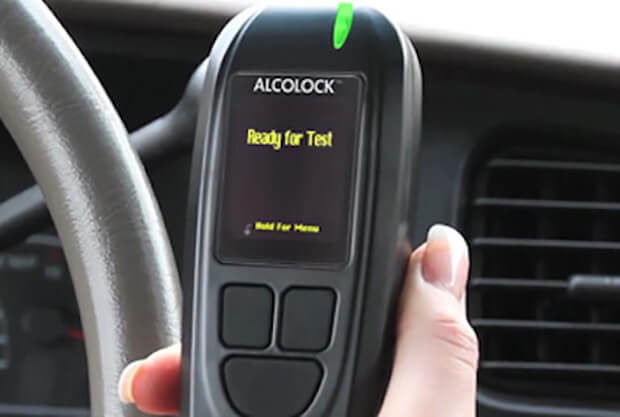Drink drivers may get locked out from starting their vehicles under tough road safety plan

In proposed new plans, motorists who are caught in a succession of drink driving offences may face having 'alco locks' fitted to their vehicles.
The Road Safety Authority is carrying out a cost-benefit analysis on the introduction of the alco-lock systems on cars.
These devices can prevent drivers from starting cars if they have been drinking.
Once a previously banned driver has their licences returned they will have to breathe into the device before they turn the key. If it detects any alcohol, the engine will not start.
If they do get the car started, under certain systems, the driver will have to pass another breath test after 15 minutes then at random intervals during the journey.
Moyagh Doherty, who is the head of the Road Safety Authority has confirmed the new move.
Ms Doherty made the announcement during a blistering attack while she was addressing the Oireachtas Committee on Transport. In the address she criticised "disingenuous" vintners who oppose increased penalties for driving under the influence.
The new laws will see a mandatory three-month driving ban for motorists caught with a blood alcohol level of 51-80mg of alcohol per 100ml.

As of now, these offences are punished with a fine and penalty points.
Ms Doherty said. "Ireland has a problem with alcohol and driving. As a society we also have an issue that needs to be dealt with. Our relationship with alcohol in general spills onto the roads,"
Velma Burns, who is the research manager for the RSA, said a mandatory ban would help change attitudes but she said more "high risk offenders" needed tailored solutions such as the proposed alco-locks.
Ms Burns said, "International research shows it's very difficult to change the behaviour of those high-risk members because in many cases there's alcohol dependence involved,"
Ms Doherty said the proposal would have to be targeted. "I think if you're talking about alcohol locks, you're talking about mobile phone use and technology to stop that. You're also talking about technology that will stop a vehicle moving unless a seat belt is engaged. All of those technologies do improve road safety and we welcome them,".

Author

Justin Kavanagh
Justin Kavanagh is a recognised leader
in automotive intelligence and vehicle
data supply to the entire motor industry.
He has almost 20 years experience in
building systems from the ground up.
As the Managing Director of Vehicle
Management System, he understands the
need and importance of trustworthy and
reliable vehicle history and advice to
both the trade and the public.
Follow me on LinkedIn